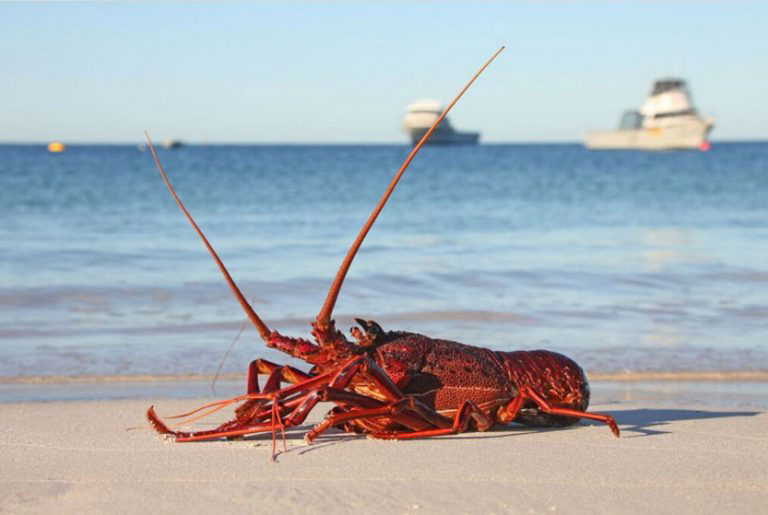

With the Prime Minister needing to lift his government’s ratings in the polls ahead of next year’s election, Anthony Albanese is about to stick it to Beijing to lift China’s ban on lobster sales. This is tipped to be a side discussion he’ll have with the
Chinese Premier Li Qiang at the ASEAN summit in Laos this week.
This ‘pressure play’ gamble against the Chinese leadership is timed well, with the US election set to take place on November 5, when most of Australia will be taking a punt on the Melbourne Cup. Why is it timely to bring up the lobster trade ban now?
Well, the guy who helped us cop a group of tariff slugs on the likes of wine, coal and other exports was one Donald Trump, who was sticking it to Beijing as a key political and economic move to shore up his popularity with his base of supporters.
In turn, this put pressure on the then PM Scott Morrison to either support his US ally or do something historically un-Australian, which would have been to tell a US president that we weren’t on their side.
The consequence of his support for President Trump was a key catalyst for Xi Jinping’s tariffs for Aussie products.
Of course, the ASEAN meeting is for bigger issues than lobster bans. The AFR’s Tom McIlroy explains that the get-together in Vientiane will focus “…on security and strategic issues in the Indo-Pacific region, increasing co-operation on climate change, energy security and regional trade and investment”.
Clearly, these are bigger issues than lobster bans, but lobsters might be better for headlines at home.
Economics aside, the best outcome for the Labor Government would be the defeat of Donald Trump to rule out any pressure for Australia to side again with the US and face the ire of a vindictive Beijing, which targets tariffs at our exporters.
Of course, if Kamala Harris assumes the presidency, the big China play will be to ensure it doesn’t escalate tensions over Taiwan. While this will be the same goal for a President Trump, our PM would see Harris would be less ‘in your face’ with Beijing, which could mean less likelihood that our exporters could be caught in any US-China crossfire.
Apart from lobsters, the PM is expected to promote business within the region. The ASEAN group includes Indonesia, Singapore, Vietnam, Malaysia, Cambodia, Thailand, Laos, Brunei, the Philippines and Myanmar.
This is what the PM said to the AFR: “We are also acting to grasp economic opportunities in a region of incredible vitality and promise. Trade creates jobs for our nation and helps build our Future Made in Australia agenda.
“My government will continue to work closely with our partners to maximise opportunities for Australian businesses and workers within the region”.
Obviously, there are bigger fish to fry at Vientiane this week, but talking lobsters with Premier Li Qiang could be a political plus for Albo, if next week’s headlines say: “China lifts lobster bans!”.
With the Middle East and the Ukraine unsettling the global economy and financial markets, the last thing the world needs is an aggressive China. And given China’s weaker-than-expected economy, the second biggest economy on the planet might need to play ball with its trading partners rather than unsettling everyone with tough Taiwan talk.